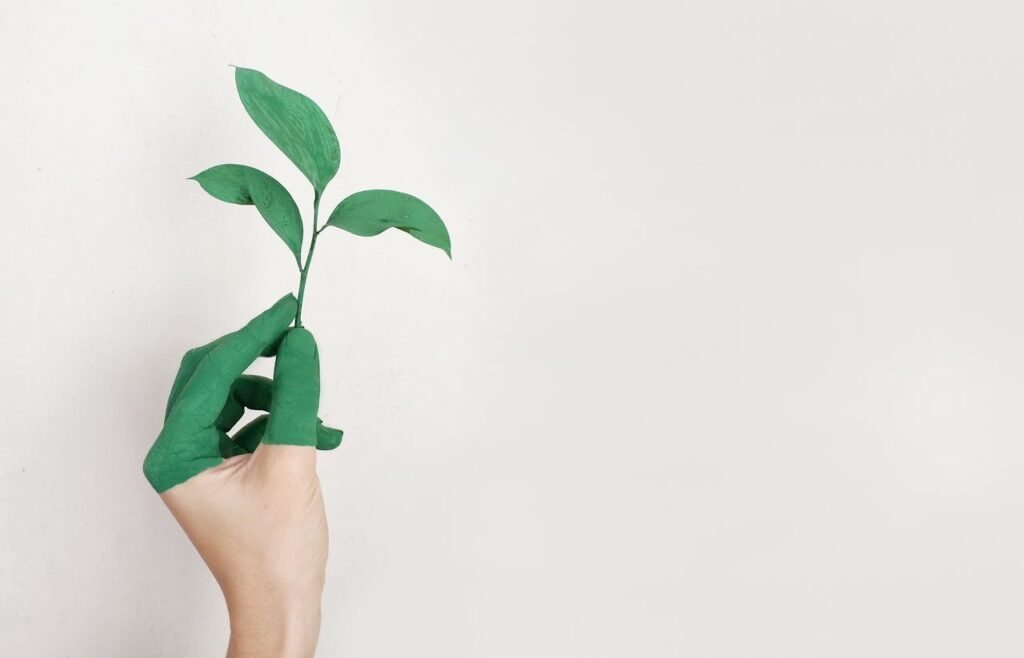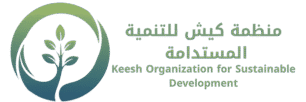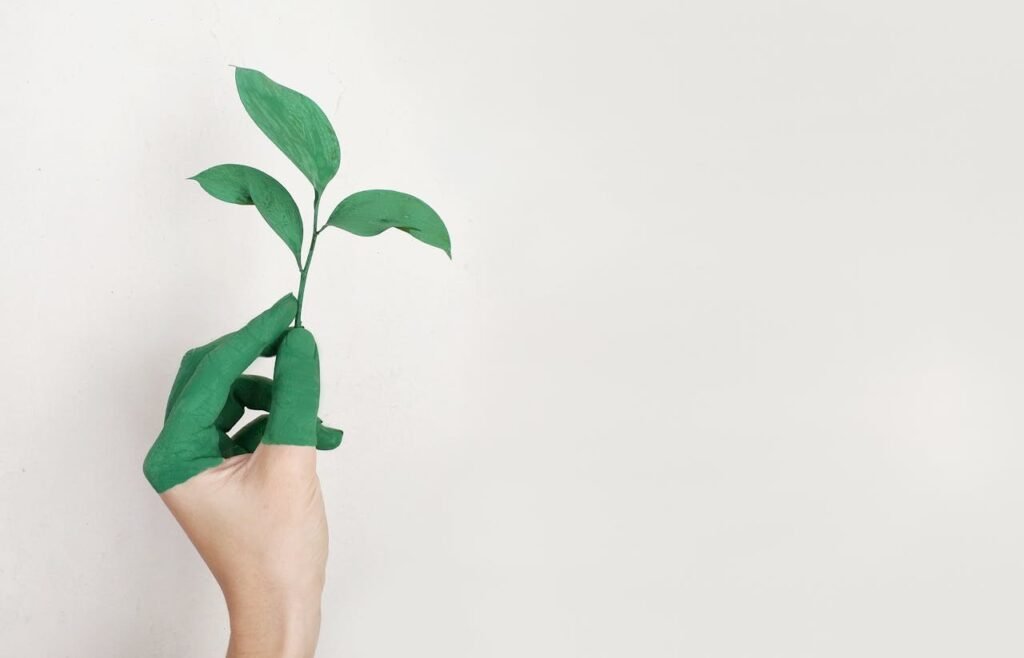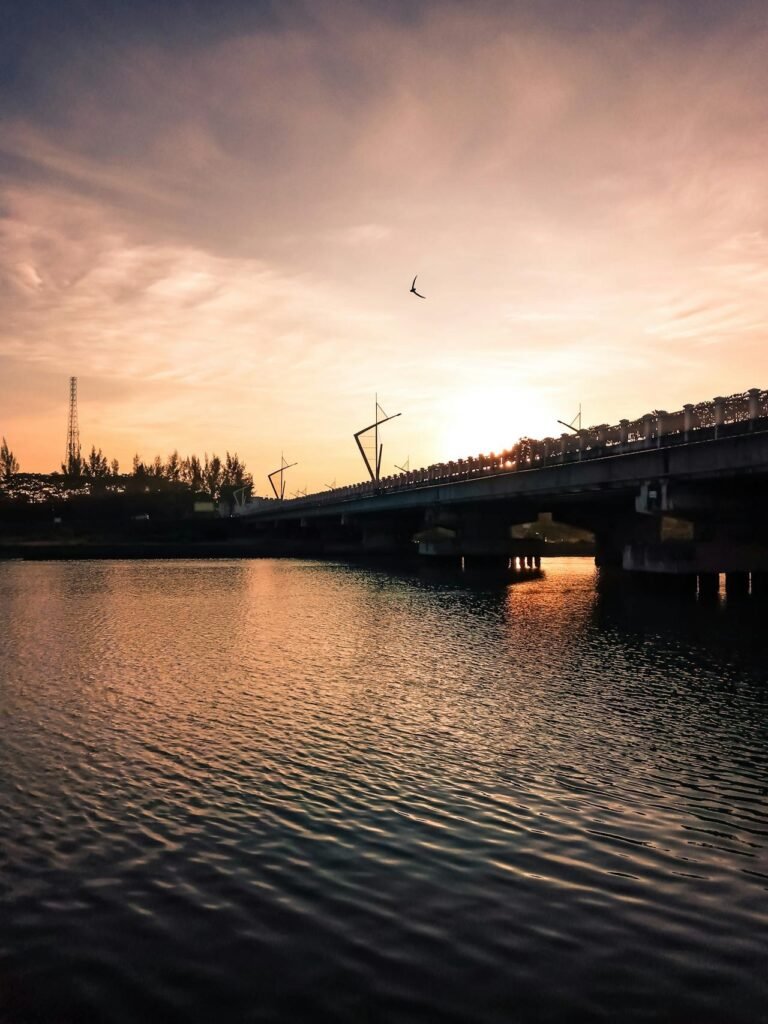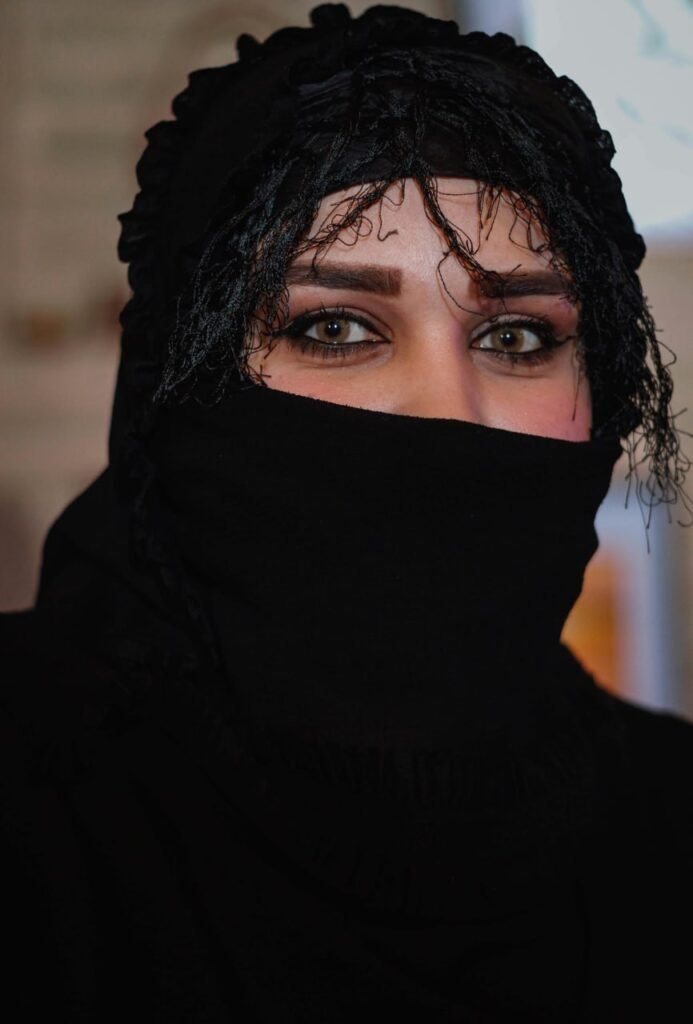Enhancing Sustainable Development in Iraq: Challenges, Opportunities, and the Vision of the Keesh Organization for Sustainable Development
Introduction
Iraq today stands at a crossroads in its development journey, with an economy almost entirely dependent on oil showing promising growth indicators, yet simultaneously suffering from structural fragility that demands genuine diversification and long-term sustainability. The Keesh Organization for Sustainable Development seeks to formulate practical solutions that address the needs of Iraqi society and bolster its resilience in the face of current challenges
1. Key Challenges
Reliance on Oil and Economic Fragility: Despite Iraq’s economy being forecast to grow by 8.9% in 2022—with OPEC+ quotas lifted and production rising to 4.6 million barrels per day—this growth remains vulnerable to global oil price fluctuations and urgently requires genuine economic diversification. **Water Scarcity and Pollution:** Iraq suffers from water shortages and increasing chemical pollution, particularly from pesticide residues and persistent organic pollutants (POPs). The World Bank has launched an \$18.5 million project to improve pollution management and protect the health of local communities. **Energy Efficiency and Resource Waste:** The energy sector endures both technical and non-technical losses and frequent power outages. The “Climate and Development Country Report” recommends shifting to lower-carbon energy sources to enhance sector efficiency while simultaneously addressing vulnerabilities in water networks, agriculture, and poverty. **Weak Legislative Framework and Institutional Capacity:** Although the “National Strategy for Environmental Protection and Development 2024–2030” has been launched to set environmental and developmental priorities, implementation remains delayed in some governorates due to resource constraints and weak coordination
2. Available Opportunities
Renewable Energy: The ongoing declines in solar and wind power costs present huge opportunities to expand a renewable sector that reduces reliance on fossil fuels. The latest World Bank report has called for increased financial support for decentralized energy plans to cover rural and remote areas. Public–Private Initiatives: UNDP partnerships with local companies (such as the Asiacell agreement) have supported young entrepreneurs and social innovation technologies. Keesh Organization for Sustainable Development can replicate this model more broadly to enhance private-sector engagement. Youth and Women Empowerment: Investing in youth and women can drive sustainable growth; vocational training programs and local accelerator initiatives create new jobs and help reduce unemployment rates.
3. Leading Policies and Initiatives
National Environment Strategy 2024-2030: focuses on reducing pollutant emissions, protecting biodiversity, and Solid Wa**3. Leading Policies and Initiatives National Environmental Strategy 2024–2030: Focuses on reducing pollutant emissions, protecting biodiversity, and managing solid waste. Iraq Vision 2030: Includes sustainable development targets such as green infrastructure, sustainable transport, and clean energy. SDG Progress Report 2022–2024: Tracks global progress on each Sustainable Development Goal, with specific references to Iraq’s challenges in the energy and water sectors. ste Management. Iraq Vision 2030: includes sustainable development goals that include green infrastructure, sustainable transport, and clean energy. SDG progress report 2022-2024: shows progress on each goal globally, with references to the challenges of energy and water in Iraq .
4. The Role of KEESH Organization for Sustainable Development
Community Awareness: Launching workshops and media campaigns in governorates to introduce citizens to sustainability concepts and environmental rights. Strategic Partnerships: Negotiating with public and private sectors to establish both centralized and decentralized renewable energy projects, and enhancing micro-financing for entrepreneurs. Research & Innovation Support: Funding applied studies and gathering field data on drought-resistant crop cultivation, smart water management, and the utilization of associated petroleum gas. Local Capacity Building: Designing training programs for governmental and civil society personnel in sustainable planning and environmental project management.
Conclusion
Sustainable development in Iraq is not merely an option but an urgent necessity to ensure a secure future and a diversified, sustainable economy. The Keesh Organization for Sustainable Development will serve as a bridge between global ideas and local solutions, focusing on community engagement and empowerment to achieve the Sustainable Development Goals and strengthen Iraq’s role as an active player in regional and international sustainability efforts.
